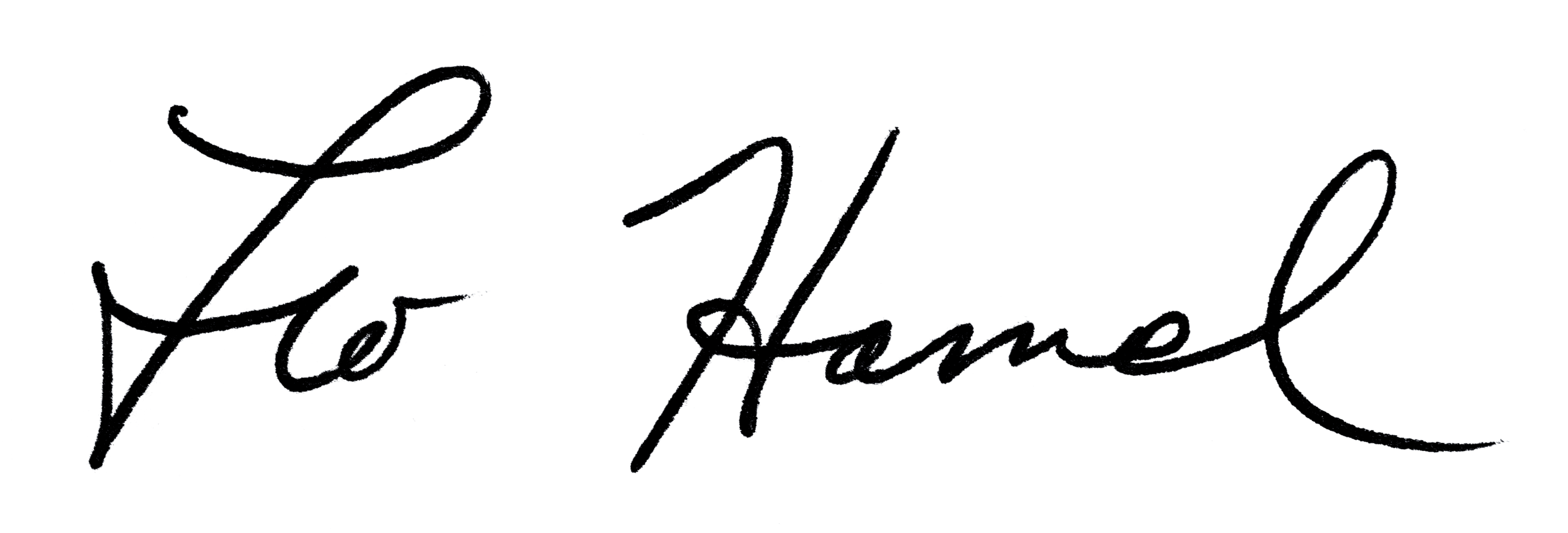
Leo Hamel Fine Jewelers Policy Letter
Buyers – Buy Splits
Often two or more buyers work with on the same buy, with everyone earning a share of the commission. This policy is the rulebook for deciding when a split is earned.
1. Splits are based on the items, not the customer.
No one “owns” a customer.
A common example is a customer who brings back items another buyer had worked on, and who has additional items as well. The first items would warrant a split, while the new items would not be split. (Two stock IDs – one for the split and one for the regular buy – would be necessary in this case.)
2. Documentation is required showing the original buyer’s work on the items.
Documentation = recording your work on the Smartsheet. No documentation means no split.
In the case of a turnover, emailing the next buyer(s) with the relevant information is also required, so no one has to do additional work due to poor communication. (See Turnovers Policy)
Documentation proves you did your job. It prevents a “he said, she said” situation, protecting you from missing a split that you deserve, or from a questionable split claim. It also helps everyone work more efficiently by making information easily accessible, allowing us to offer our customers quick, professional service.
Personal notes and customer mentions do not satisfy the documentation requirement. We can’t rely on customers to mention our original work with them, nor can we trust them to give accurate information even if they do mention it. Calling another buyer to track down personal notes is time consuming and impossible when that person is not available. It’s simply much smarter to record our notes in the Smartsheet.
3. Splits are always warranted when two or more buyers work on an item, even if it is just to write a check.
Turnovers are always splits, when properly handled. (See Turnovers policy)
It may seem unfair to split a buy when all one person is doing is writing a check. However, the buyer writing the check is not only writing a check. He or she is required to review and authenticate the buy before purchasing it, because he or she is equally liable for any mistakes in the buy as the original buyer. The sad reality is that many scammers target the second buyer, hoping that person will not closely double-check the item. We have seen fake watches swapped for real ones, and CZs swapped for diamonds using this tactic. It is not fair to the second buyer to shoulder responsibility for a mistake, but have nothing to gain. That practice would eventually lead to people not wanting to help each other out.
To help maintain a sense of generosity in these cases, the buy can be rung up as a 75/25 split, with 75% to the first buyer. This decision will be worked out between the people splitting the buy.
4. The buy slip and/or any physical paperwork must be documented to show who is splitting the buy.
It is not enough to the portal and stock ID as a split, because those sources are not checked before ringing up an item. Good documentation will prevent having to re-ring an item and make adjustments to your commission.
If an item deserved a split per this policy but it was not rung up as one, or vice versa, the sale and commissions will be corrected.
5. Buys can be split three or more ways if the situation and documentation warrants it.
